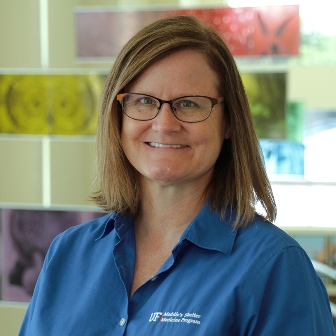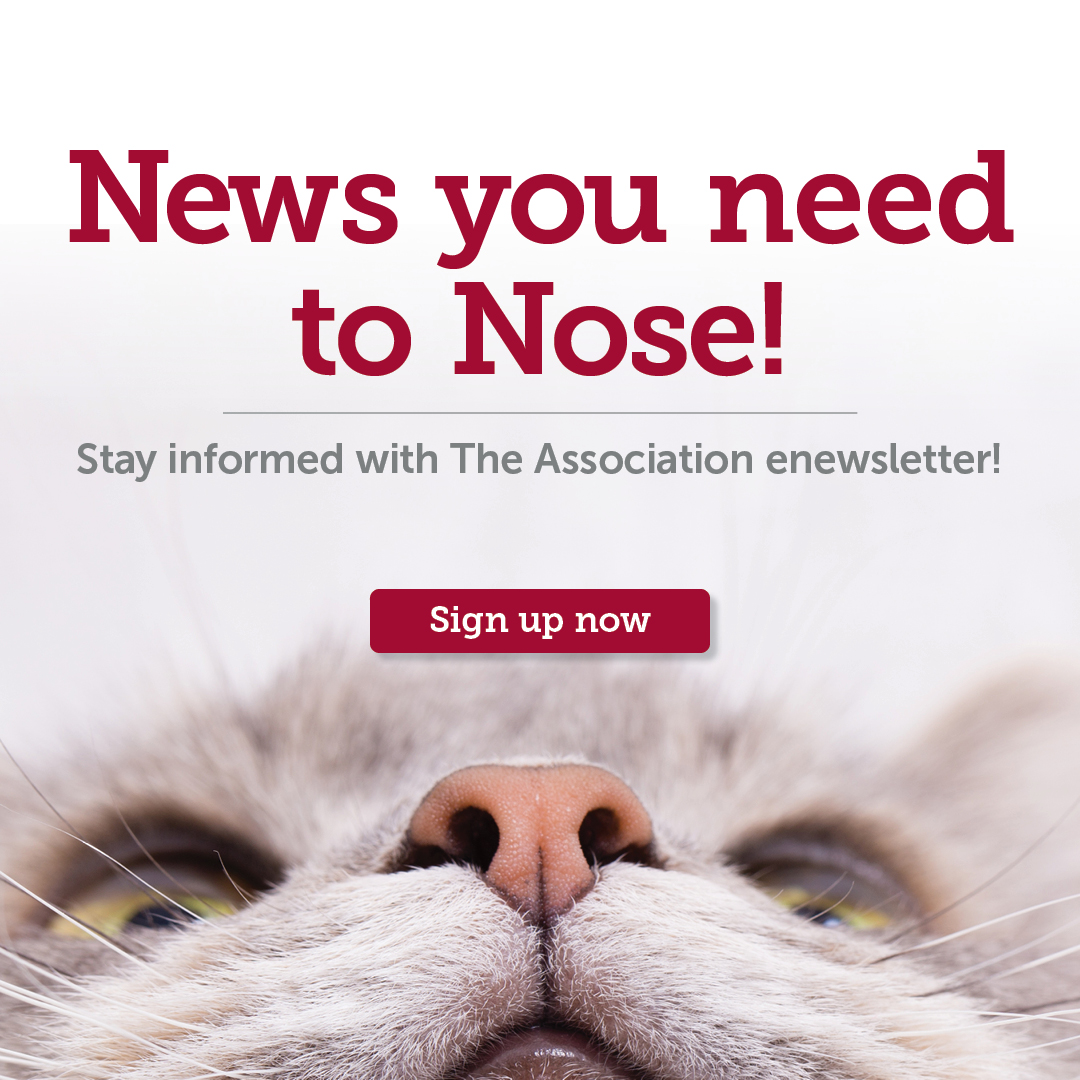News, ideas & inspiration from industry leaders

Open Letter from Dr. Julie Levy: Why We Must Suspend S/N Now
From: Julie Levy, DVM, PhD, DACVIM, DABVP, Fran Marino Endowed Professor of Shelter Medicine Education, Maddie’s Shelter Medicine Program, University of Florida
To: My colleagues in animal welfare
Subject: Why must we suspend spay-neuter surgery during the pandemic

I’ve spent my career studying, training, and advocating for spay/neuter in all of its incarnations – pediatrics, HQHVSN, TNR, MASH – even when it was unpopular. I never thought I would be advocating otherwise.
Spay-neuter has been intricately woven into the fabric of animal lifesaving for more than 3 decades. And then suddenly, COVID-19 challenged every aspect of daily life and shelter operations, rewriting the book on what essential services are. We’re told to be #SaferAtHome to avoid overloading the healthcare system and that every exception to social distancing decreases its efficacy. What does that mean for spay/neuter programs?
These are unprecedented times that come with challenging and ever-changing dynamics. Animal welfare professionals have earned a place at the national table as experts in helping with disasters and providing guidance to others in overcoming what appear to be insurmountable problems. The public health emergency that is upon all of us with COVID-19 calls all of us to action. We must immediately focus our attention on doing absolutely everything possible to support our human health care system and affiliated resources. This means social distancing and staying safe. Even if we distance ourselves from the public, performing surgery brings staff to work and into close proximity with each other.
Essential procedures are for conditions that are life-threatening, rapidly deteriorating, may cause permanent dysfunction, or relieve suffering. What’s not included in the list of essential functions? Spay and neuter services for the public, shelter pets, and TNR/SNR. Please, let’s just stop.
The urgency of this unprecedented pandemic calls for radical action to protect human lives, and as a consequence of that, to protect animal lives. Of utmost importance is to support our healthcare system, which is close to the breaking point, via #SaferAtHome. It is no longer just about our animal welfare missions, but about those brave souls who are literally putting their lives and personal welfare on the line for us. The sacrifices we make in this moment will determine what larger sacrifices will be thrust upon us in the coming weeks and months. It is time to suspend routine spay-neuter.
This will help keep as many people as possible healthy and out of our community hospitals so that life-saving beds are available when needed. This will safeguard our staff so that when this crisis subsides, and it will, we have an intact work force of experts that can go back to work with renewed vigor and tackle the animal needs that we are all highly committed to. This will conserve PPE so we will have it for the inevitable emergency cases or for when the local hospital calls upon veterinarians to share their stock because their frontline nurses and doctors are working without it.
On the topic of PPE, please realize that it is a minor consideration. Although we vets are fully capable of MacGyvering all the alternatives when regular supplies run low, this is about being #SaferAtHome to slow the pandemic spread of COVID-19. The decisions we make today will determine the outcome of the pandemic, including how many people die and how many of our animal welfare organizations and staff survive to carry on when the pandemic subsides. Every compromise of social distancing and staying home undermines success. The nurses and doctors on the front lines are begging people to stay home. We must listen and act.
Spay/neuter is a tool of lifesaving, but we are too creative and resourceful to believe we cannot overcome in other ways, kitten season notwithstanding. Pausing spay/neuter is a gut punch, and it will have consequences – kittens will be born, revenue will fall, staff may be furloughed – but these pale in comparison to the alternative.
The work we have done in animal welfare, animal control, and shelter medicine in the past 30 years positions us to step away from the spay /neuter focus we are accustomed to during this crisis and thrust our efforts onto doing everything we can to stop this pandemic, to save human lives, and get our world back as soon as possible. Your leadership means everything to this effort. Please join in.
— Dr. Julie Levy, Fran Marino Endowed Professor of Shelter Medicine Education, Maddie’s Shelter Medicine Program, University of Florida
Additional Resources
Our animal welfare community has come together in unprecedented unity to prioritize human and animal lifesaving by providing the following guidance for navigating this difficult time:
NACA Statement on Animal Control Functions During the COVID-19 Pandemic
NACA Statement on Essential Animal Services During COVID-19
NACA Statement on Releasing Unaltered Pets from Animal Shelters During the COVID-19 Pandemic
COVID-19 Response: Limiting Non-Emergency Surgery in Shelters and Spay Neuter Clinics
Shelter Medicine Programs endorse NACA recommendations
VIDEO: 10 Minutes with the Experts: Dr. Julie Levy and Dr. Sandra Newbury explain why S/N should be suspended at this time.
Must-attend webinar on this topic
For more on this subject, please join Dr. Levy and Aimee St. Arnaud at 3 ET/noon PT Tuesday, March 31, for a Million Cat Challenge webinar, “Spay/Neuter in the COVID Era.” Register here.



In my rural community, we have a very limited access clinic. We don’t sit in groups with our traps & wait for appointments. We drop off at a specific time, usually just one day a week and sometimes the Dr & Tech has come in on Sunday specifically for a group S/N day. And we come back after 4-5 hours & pick up still sleepy cats. Bring them to our recovery location for a period of time. Depending on if male or female. Social distancing was maintained, even before this crisis Thanks for your wisdom & expertise. I agree in larger venues this could pose serious threat. But across the board shut down of TNR is not needed. Needs to be individualized. God Bless us all.
Well said Dr Levy.
Thank you for writing this, Julie.
Hi Tami Berrios. Thanks again for your comment. We checked in with Dr. Levy, and she hopes you can make it to today”s webinar about spay/neuter. You can sign up here: https://zoom.us/webinar/register/WN_HR_OWHLiRWa6MQLFnck-dg
She also encourages you to join this Facebook group to share solutions: https://www.facebook.com/groups/AmPAShelterRescueSupport/
Well, in my state, the governor has declared veterinary medicine and essential business, and “all healthcare and treatment of animals” essential (we sought clarity on whether or not that included spay/neuter and they said yes, “all healthcare” includes spay/neuter) and are “prohibited from closure.” Our medical director read that as we are REQUIRED by law to stay open. Most of the non profit clinics in my city of 5 million people have followed your guidelines and closed their doors and are staying at home, or have run for the hills. Now, are they breaking the law, or at least violating the governors executive order?
We have instituted curb side check in, draconian cleaning and are doing fewer surgeries and no dog neuters, which our medical director has classified as elective, whereas vaccines, dog spays and cat spays in kitten season the medical director says are not. Struck me as a little sexist, but…not my monkeys, not my circus. We are rationing supplies, but our veterinary suppliers say they have no problem supplying us. The human side, despite the crisis maintains its species snobbery and doesn’t even want our “animal supplies”, or so we have been told.
If I quit, I have no health insurance should I get sick. So I soldier on, spaying and neutering 20-25 animals a day, facing clients who are often very angry at the additional wait times and all the precautions we are taking. Some have even hurled objects and obscenities at us for “ruining” their day. This is what I tell my techs everyday: Welcome to the suck.